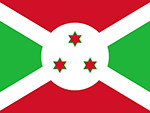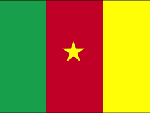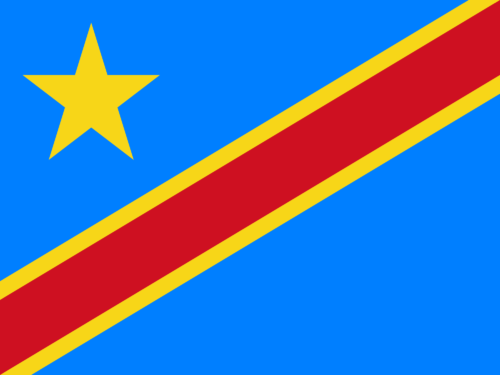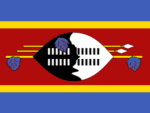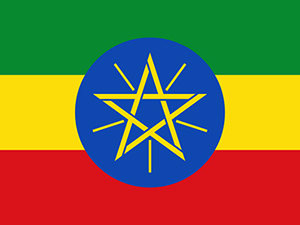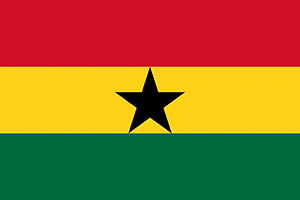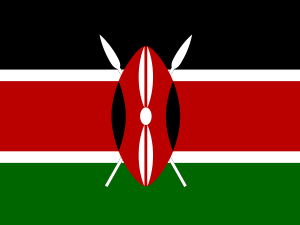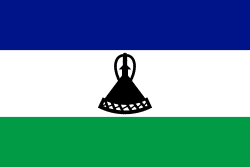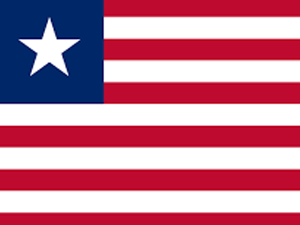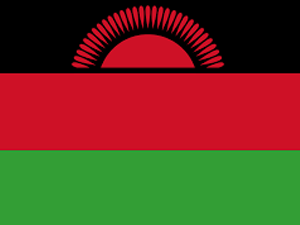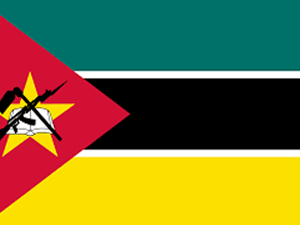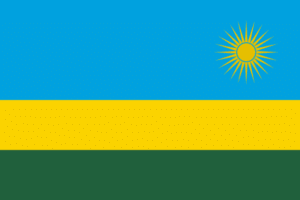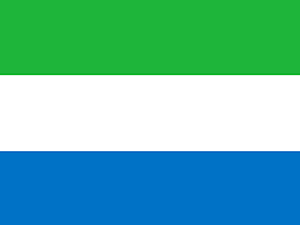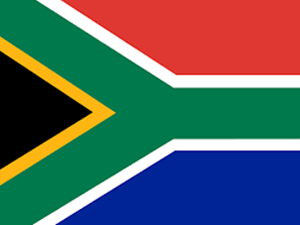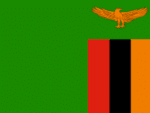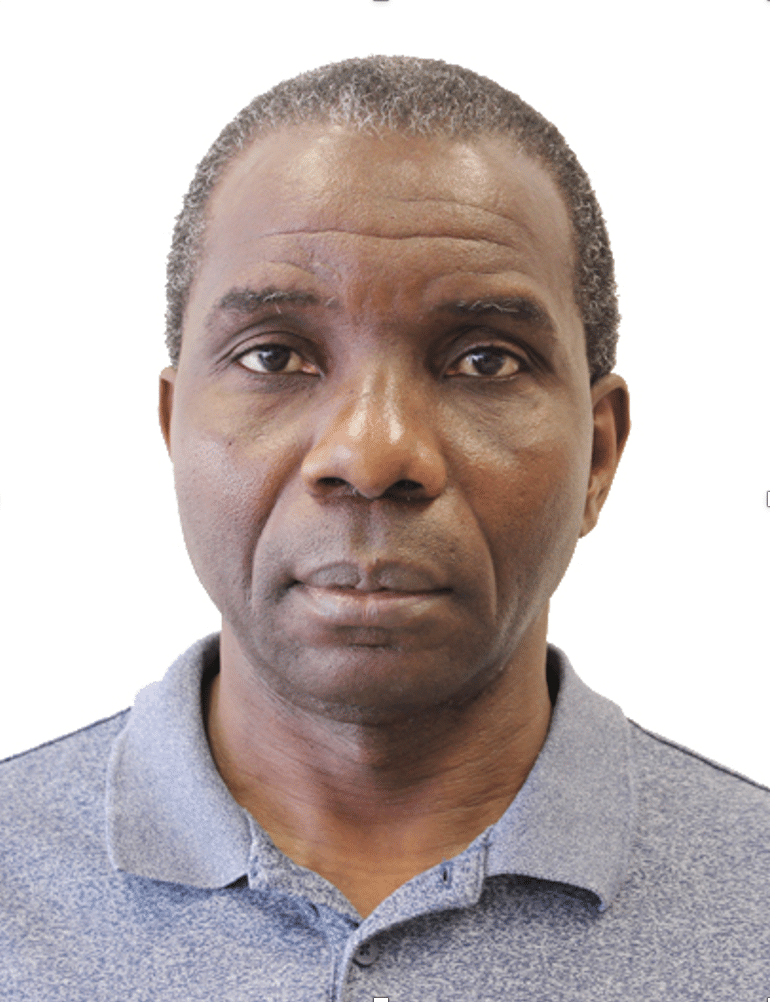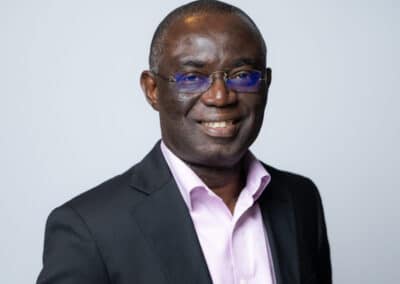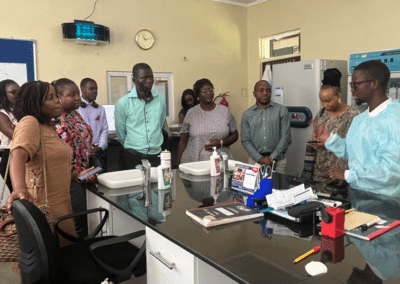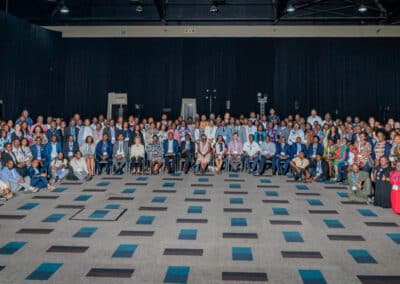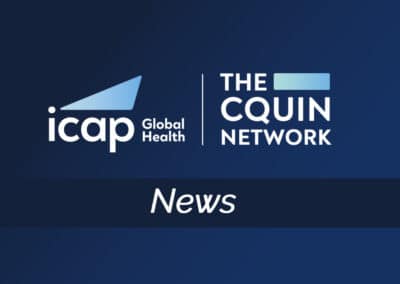“As the DSD coordinator, I hope to work with all stakeholders to close gaps in DSD service delivery,” said Nicholas Kisyeri, MBBS, MSc, who has joined the Eswatini National AIDS Programme (ENAP) at the Ministry of Health (MOH) to support and expand quality DSD services in the country.
“The Eswatini MOH uses an M&E electronic medical record system to report DSD data routinely, but the system still relies on some data collected from implementing partners. Sometimes there are antiretroviral therapy stock challenges, which means patients enrolled in the multi-month dispensing program are unable to receive their medication,” Dr. Kisyeri said. He also wishes to close gaps in laboratory services that result in extended turnaround times for viral load testing results and will aim to integrate services for advanced HIV disease, non-communicable diseases, and maternal and child health services into Eswatini’s DSD program.
Dr. Kisyeri is a medical doctor with over 20 years of work experience in diverse clinical settings, including HIV/AIDS and TB prevention, care and treatment. Dr. Kisyeri started his medical career at the Huruma District Designated Hospital in Tanzania in 1997. He has also held various positions in Namibia, Lesotho, Papua New Guinea, and Eswatini, where he worked as a clinical advisor for ICAP in Eswatini at one point during his career.
He has a Bachelor of Medicine from the Beijing School of Medicine, a Master of Science (MSc), from the London School of Hygiene and Tropical Medicine in the United Kingdom, and an MSc in Community Health and Health Management in Developing Countries from the Heidelberg University in Germany.
“Dr. Kisyeri is not new to ICAP or CQUIN, and we are very pleased to welcome him to the team,” said Peter Preko, MB.ChB, MPH, CQUIN project director. “We are confident that Dr. Kisyeri’s broad experience will go a long way to help strengthen and improve DSD interventions in Eswatini,” Dr. Preko said.
Eswatini joined CQUIN in 2017 but has been implementing DSD since 2014. The country quickly included DSD in national policies and guidelines, drafted in partnership with the Eswatini National Network of People Living with HIV due to the high HIV prevalence rates in Eswatini. Since joining the network, Eswatini has participated in many south-to-south learning activities and exchanged knowledge, best practices, tools, resources, and innovations with many other countries in the network.
Dr. Kisyeri takes over the DSD coordinator position from Dr. Herve Kambale, who is now a consultant working with ICAP to support the CQUIN Network.


